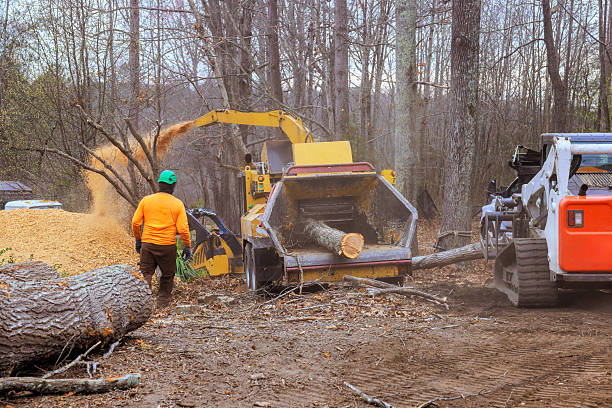If you’re looking for a job that pays well, doesn’t require a college degree, and actually makes a difference in someone’s life, becoming a caregiver might be the opportunity you’ve been waiting for. Whether you’re helping an elderly person stay independent at home, assisting someone with a disability, or just providing companionship and basic daily support, caregiving is a deeply human profession—and the demand is only growing. As America’s population ages, more families than ever are hiring caregivers to help their loved ones stay safe, comfortable, and cared for.
Unlike many entry-level jobs, caregiving isn’t just “work.” It’s personal. You’re not flipping burgers or stocking shelves—you’re showing up for someone who needs you. That kind of work sticks with you. And if you do it well, it opens up doors to long-term roles, certifications, and even careers in nursing, hospice, or senior care management.
Why Caregiver Jobs Are a Great Entry Point Into Healthcare
• No experience or degree required: Many agencies provide paid training, background checks, and match you with a client.
• Flexible schedules: You can work full-time, part-time, overnight, or even weekends only.
• Emotionally rewarding: You’re making someone’s daily life easier—and that means something.
• Career growth: Start as a caregiver and move into roles like Certified Nursing Assistant (CNA), Home Health Aide (HHA), or medical assistant.
• Job security: There is a national shortage of caregivers, and the need is rising fast.
• Work that matters: Every task you do—no matter how small—directly improves someone’s quality of life.
What You’ll Do as a Caregiver
A typical day depends on your client’s needs. Some caregivers help with light housekeeping, cooking, or running errands. Others assist with bathing, dressing, mobility, or medication reminders. Sometimes your most important job is just being there—listening, talking, and keeping someone company who might otherwise feel isolated.
Your daily tasks may include:
• Preparing simple meals or snacks
• Helping with bathing, dressing, and grooming
• Reminding about or organizing medications
• Doing laundry or light cleaning
• Driving to appointments or errands
• Engaging in conversation or light activities like puzzles or walks
You may work in someone’s private home, an assisted living facility, or through a home care agency. Some positions are live-in, while others are just a few hours per day. Either way, reliability and compassion are key.
What Makes a Great Caregiver?
• Empathy—you care about people and want to help
• Patience—some days will be slow, repetitive, or emotionally heavy
• Dependability—families rely on you to show up on time and follow through
• Communication—you can report issues, update family members, and follow instructions
• Physical ability—you may need to lift or assist clients with mobility
While some states may require a license or health screening, many agencies will help guide you through the process. And the more you work, the more opportunities you’ll have to specialize in dementia care, hospice support, or other high-demand services.
Long-Term Outlook
Caregiving isn’t just a stopgap job—it can be the beginning of a meaningful career. Many people use caregiving as a springboard into nursing, physical therapy, case management, or senior advocacy. Others stay in the field for decades, developing close relationships with the people they care for and finding deep purpose in their work.
Final Word
Being a caregiver is more than just a job—it’s a service to others. If you’re dependable, caring, and willing to learn, there’s a place for you in this growing field. You’ll gain real-world skills, earn steady income, and most importantly, you’ll be making a difference every single day.








